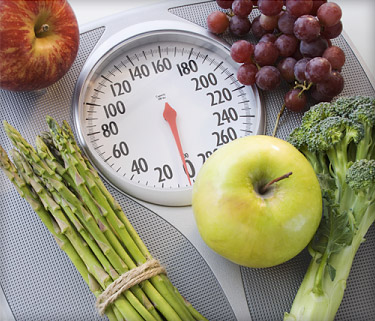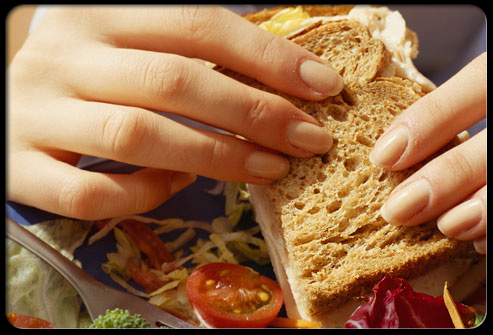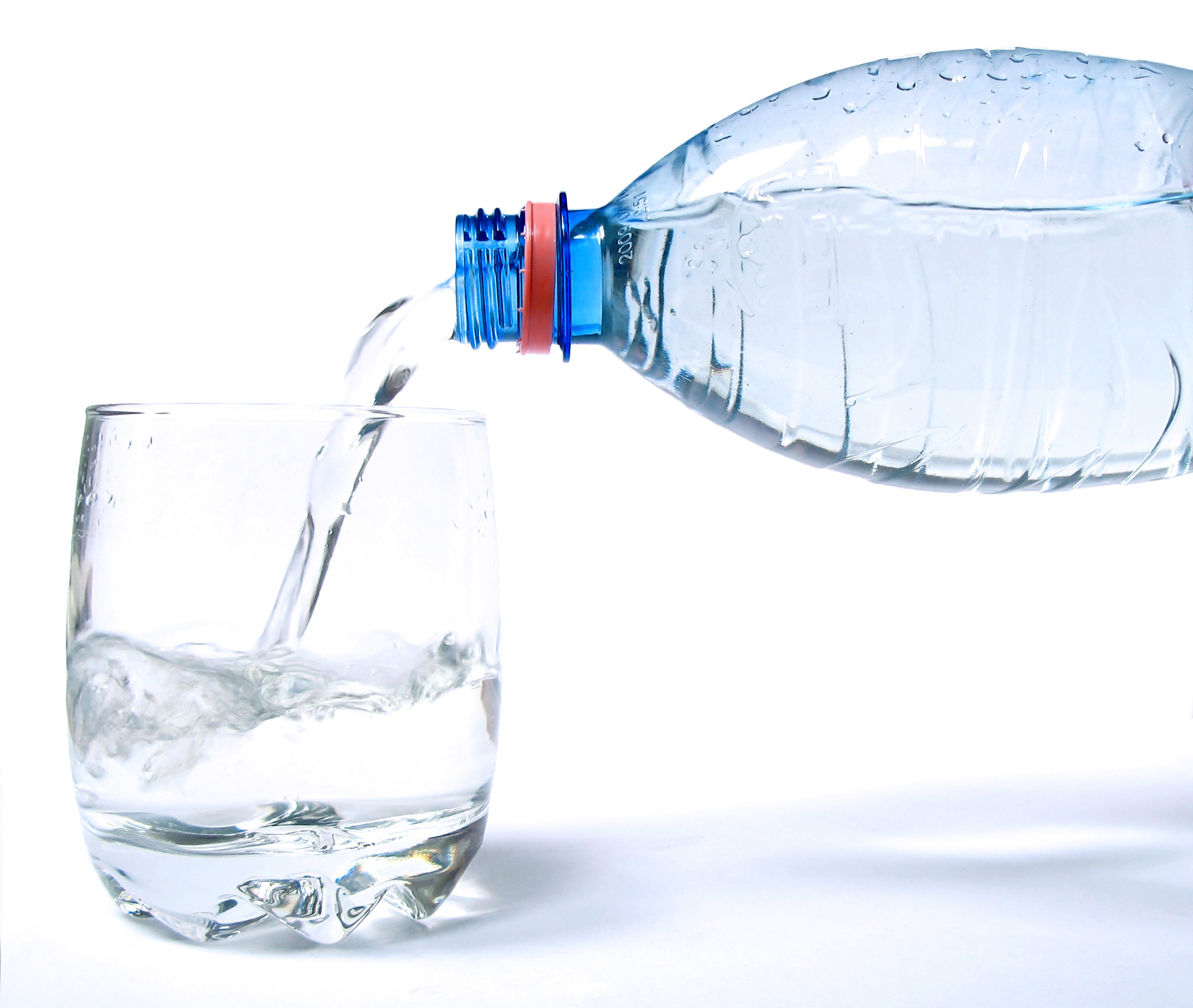- in Weight Loss by Deirdre Denholm
How to Lose Weight: 5 Basic Rules

Image by webmd.com
Most of us want to know how to lose weight safely. Be wary of fad diets that promise you will lose weight fast. There are no easy ways to lose weight—it takes time and some discipline—but the benefits will be well worth it. In this article, you will find some easy and quick tips to lose weight. These tips are the most basic rules that any weight loss regimen would recommend.
Remember that these 5 basic rules are generally applicable to all people, however if you have some special condition or health issue, please consult your physician before implementing any of them.
More...
1. Avoid Junk Food
In order to maintain a healthy weight, it is important to avoid eating junk food. The food you eat should provide with you with good nutrition. Junk food is notoriously high in empty calories.

Junk food includes such things as fast food, fatty, sugary, processed, and salty foods. You should avoid fried food due to its high fat content. Junk food tends to be high in simple carbohydrates. Eating large amounts of simple carbohydrates causes your body to produce too much insulin and store fat.
2. Get Regular Exercise
Getting your body moving with regular exercise will help to burn calories, fat, and boost your overall metabolism. To lose one pound of fat you need to burn off 3,500 calories. Over the course of one week, this would work out to 500 calories per day burned through exercise—not always practical for most people. This is why exercise in conjunction with a healthy calorie-controlled diet is really the best way to lose weight, and then to keep your weight stable.

Exercise will help you to maintain a healthy weight and it will help you to burn fat. The current recommendations are to get 30-60 minutes of exercise most days per week. Remember that daily walking and active housework also count. Find activities you enjoy and develop a routine.
3. Eat a Balanced Diet
To keep weight off, your diet should consist of a variety of healthy foods. Avoid consuming too much sodium as it causes your body to retain water. The recommended daily intake of sodium is about 1 teaspoon (or 2,300 milligrams). Also reduce saturated fats (ones that are solid at room temperature), and use unsaturated ones such as olive oil. Cook your food by steaming, lightly stir-frying, or roasting.

Image by medicinenet.com
Keeping a food diary will help you track what you are eating and help you to phase out those unhealthy snacks. Mainly eat fruits, vegetables, lean meat and fish, and choose whole foods that are not overly processed. Your daily caloric intake should consist of approximately 20-35% fat, 10-30% protein, and 45-65% carbohydrate. Carbohydrate that you eat should be in the form of complex carbohydrate.
4. Drink Lots of Water
Your body needs pure water to function at its best. You need approximately 0.5-0.7 ounces of water per pound of body weight each day. You may need more than that depending on the climate where you live, and when, and how much you exercise. You lose water through respiration, and by the evaporation of water through the skin. Your body needs water for cellular metabolic and physiological processes.

You also need water to keep your kidneys healthy, and to help remove toxins from your body. Do not forget that living in cold, dry climates also requires that you replenish fluids—not just when you sweat. If you drink water before a meal, you will feel full faster.
5. Be Happy and Sleep Well
In spite of exercising and cutting calories, you may still be asking yourself “why am I not losing weight?” You also need to know that too much stress can cause you to gain weight. This may be due to a variety of reasons—including overeating as a psychological reaction. Many people overeat when they feel stressed, depressed, or anxious. Trying to unwind with food may lead to a higher caloric intake than you need. Try to cope with stress early on, before it adversely affects your diet.

Image by medicinenet.com
If you feel stressed, try exercising, meditating, or engaging in other relaxing pursuits you enjoy. If you tend to eat junk food when you are feeling stressed, make sure you have healthy lower-calorie snacks readily available instead.
Getting enough sleep is critically important, because a lack of sleep can interfere with your metabolism. Research indicates that when you do not sleep long enough each night your body produces cortisol—a stress hormone. This hormone will cause your body to store fat. Furthermore, when you feel fatigued, you will be less active and less likely to exercise.
- New SuperFoods to try in 2014 - April 7, 2014
- What are Processed Foods - March 28, 2014
- How to Lose Weight: 5 Basic Rules - March 18, 2014
